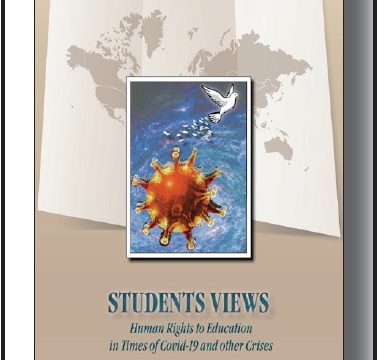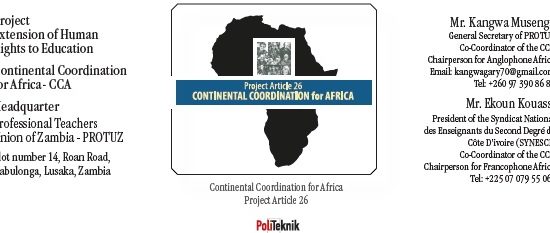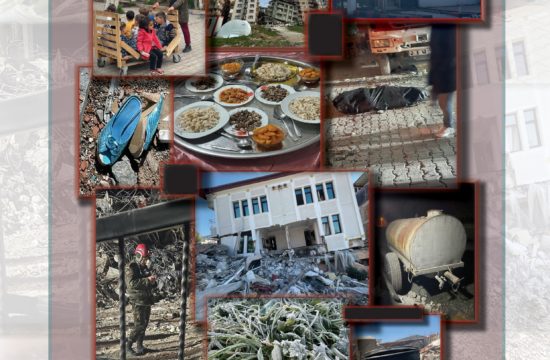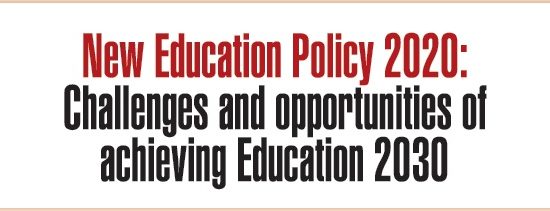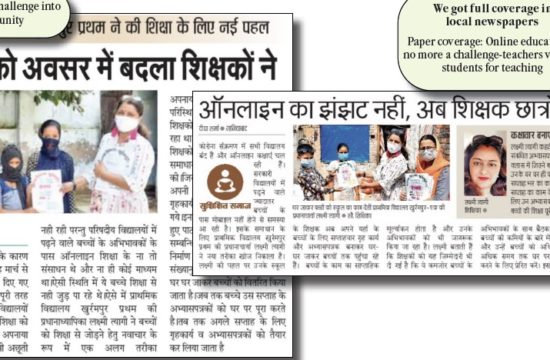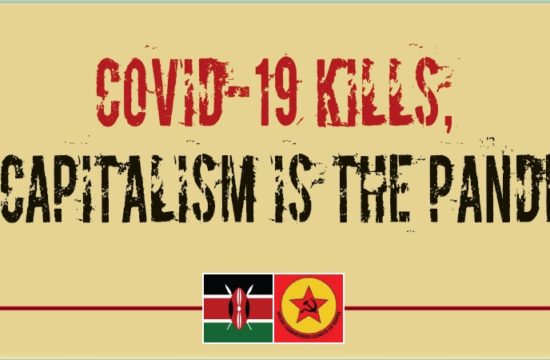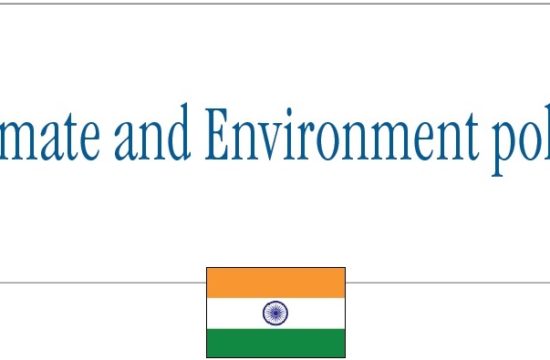Mugwena Maluleke
General Secretary of the South African Democratic Teacher Union SADTU
Human Rights goals were tested during the pandemic and while on one hand the need to preserve life took centre stage with immediate responses required. Health decision had to be the main goal during the pandemic. It followed that life preservation shaped every decision in the country and other priorities had to follow. South Africa like in most other countries found itself at sea with how best to approach the life promoting trajectories in the face of the pandemic and other human needs.
South Africa recorded its first COVID 19 case in June 2020 and it spread rapidly across the country and its mutations created further anxiety. While South Africa was quick to respond with mitigation measures addressing human rights issues proved challenging because of the nature of the disease which caused death, illness, and anxiety. The mitigation measures affected the economy resulting high unemployment. Many lost their livelihood. The solution created other problems in addition to the pandemic thar had to be resolved.
The value of the South African Democratic Teacher Union, one of the largest teachers union in South Africa, played a pivotal role in protecting human rights especially the rights of children by working with other public institutions like the Department of Basic Education to ensure that communities and learners were beneficiary of life protecting services including access to personal protective items like masks, securing vaccines for teachers so that learners could return to school sooner and ensuring that the school nutrition programme was restarted sooner. In the development of standard operating procedures for example, the union utilized the human rights lens to interrogate arrangements in documents and when these arrangements reached their recipients it supported their well-being.
The union also played a pivotal role in educational arrangements, especially teaching and learning, with teacher agency playing a central role in ensuring that learning went on despite the obstacles. Teacher provided learners and community members psychosocial support as well. The union trained its members to provide this type of support.
The unemployment in 2020 stood at 32% and the economy contracted. Despite government’s effort to provide a basic grant of R350,00 per month during this period the amount was not enough to sustain families. Collection of these grants also proved challenging given the lockdown restrictions. Food prices skyrocketed during this period and in some cases, there were food shortages.
Schools had to be closed and progressively reopened allowing a restricted number of learners in school per day. The pandemic seriously compromised the right to education. When compared with historically better off schools in this country with school halls, lower teacher learner ratios, connectivity and other infrastructure benefits, learners were able to continue with learning with some limitations while schools in poorer communities took longer to return to normal.
The aging teacher population with commodities also confounded the reopening of schools. The sector lost 1100 teacher to COVID.
During the peak of the pandemic and the highest lockdown level the school nutrition programme had to be totally shut down. It takes little imagination to see the long-term impact this will have on the growth and development this group of learners.
Abuse against women and children increased during the pandemic. A mix of conditions contributed to this. Domestic violence was at an all time high.
The vulnerable sectors were hardest hit, and frontline health care workers struggled initially to get personal protective equipment. 1300 health care workers lost their lives to COVID 19. Currently, the human right issue is on high alert with the Human Rights Commission investigating one hospital for sanitation issues.
It is easier today to spread false information with social media and this affects people’s human rights especially when false information is used in their choices. Driven by fear, many South Africans followed social media advice that was unsound medically. Bogus treatment for COVID 19 could be found all over social media.
During the pandemic, public institution played a powerful role in maintain human rights and all institutions must be strengthened to ensure high levels of human rights are maintained.
* This article was first published in the 36th issue of PoliTeknik magazine (Turkish printed publication).


